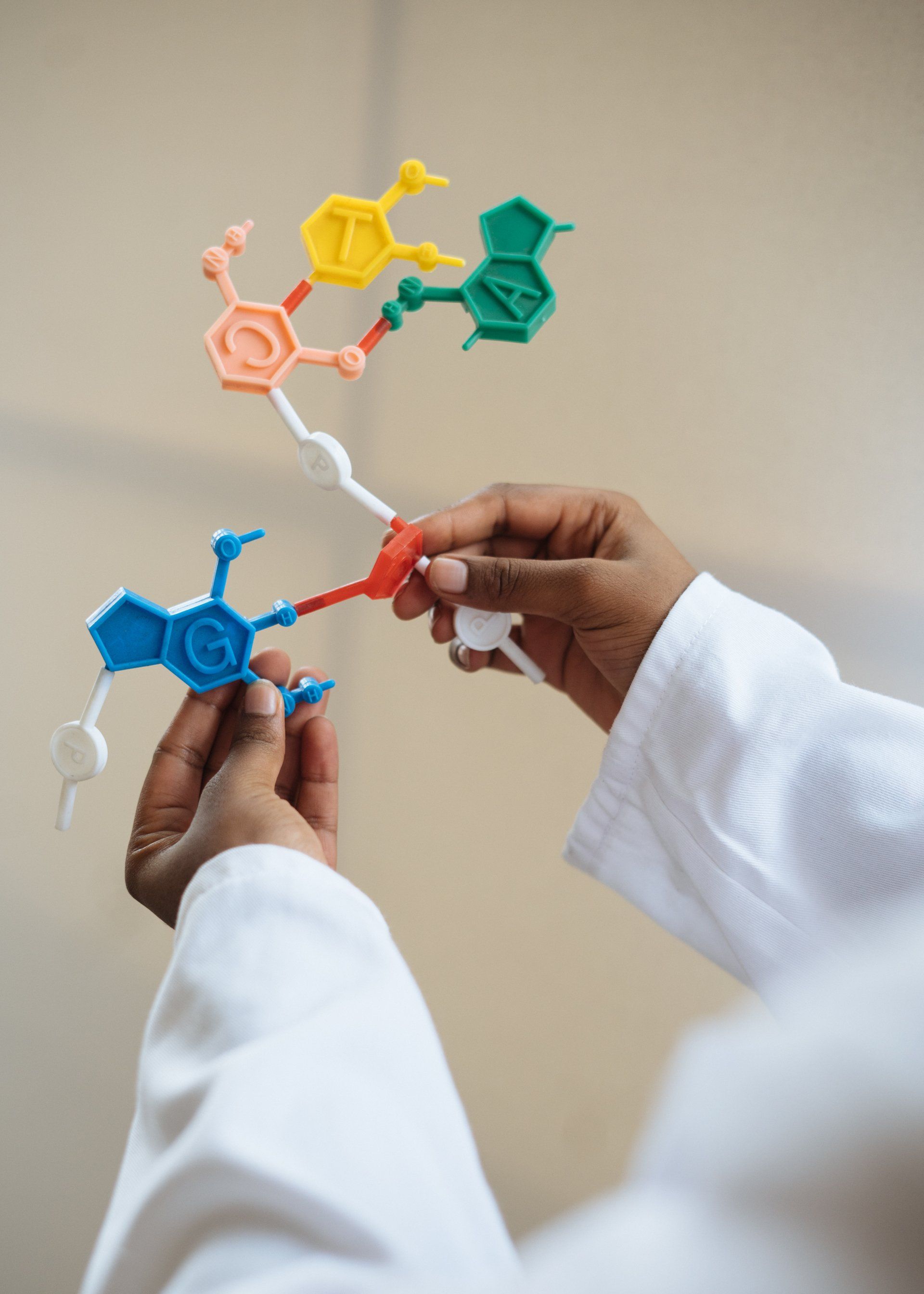Unleashing the Benefits of Physical Education in Primary Schools
Unleashing the Benefits of Physical Education in Primary Schools
In the modern world, where technological advancements dominate our lives, physical education often gets overshadowed. However, it is crucial to acknowledge the immense importance of physical education in primary schools. With its multifaceted benefits, physical education not only promotes physical fitness but also contributes to mental and emotional well-being, fostering a strong foundation for children's overall development.
Physical Fitness and Health:
In an era where sedentary lifestyles are prevalent, physical education acts as a vital tool in combating the risks associated with a lack of physical activity. By engaging in structured exercises, games, and sports, children develop motor skills, enhance cardiovascular health, and strengthen muscles, keeping obesity and related health issues at bay. The early establishment of active habits sets the stage for a lifetime commitment to physical fitness.
Cognitive Enhancement:
Physical education is not limited to physical well-being only; it directly impacts cognitive development too. Research has shown a strong correlation between physical activity and improved academic performance. Regular participation in physical education improves concentration, memory, and problem-solving abilities. It also enhances brain function by upping the production of neurotransmitters, allowing children to learn more effectively and achieve higher cognitive milestones.
Emotional and Mental Well-being:
Physical activity has a profound impact on mental health, especially in the context of primary school-aged children. Physical education provides an outlet for stress reduction and helps alleviate anxiety and depression. Engaging in physical activities triggers the release of endorphins, which are natural mood boosters. Furthermore, teamwork opportunities in physical education classes promote social connections, enhancing self-confidence, interpersonal skills, and emotional resilience in young learners.
Building Life Skills:
Physical education serves as a platform to instill essential life skills that are transferrable to various aspects of a child's life. Through team sports and cooperative games, children learn to communicate effectively, collaborate with others, and develop valuable leadership qualities. They also learn about fair play, discipline, and goal setting, building a solid foundation for character development and fostering positive social interactions.
Nurturing a Lifelong Love for Movement:
Physical education has the power to shape lifetime habits and attitudes towards physical activity. By introducing children to a diverse range of sports, exercises, and recreational games, physical education sparks curiosity and interest, making movement an enjoyable part of their lives. When children perceive physical activity as fun, they are more likely to embrace an active lifestyle, reducing the risks of sedentary-related health problems in adulthood.
Final Thoughts
Physical education holds a significant role in primary schools as it promotes physical fitness, enhances cognitive abilities, nurtures emotional well-being, and cultivates necessary life skills. By igniting a passion for movement and instilling a foundation for an active lifestyle, physical education helps children grow into healthy, confident individuals capable of handling life's challenges. Recognizing the power of physical education in shaping well-rounded individuals, we must prioritize its inclusion in primary school curriculum for the betterment of our future generations.


WHERE TO FIND US
+267 316 2230
Plot No. 37224 Block 8 Off Western By-Pass GABORONE, BOTSWANA

